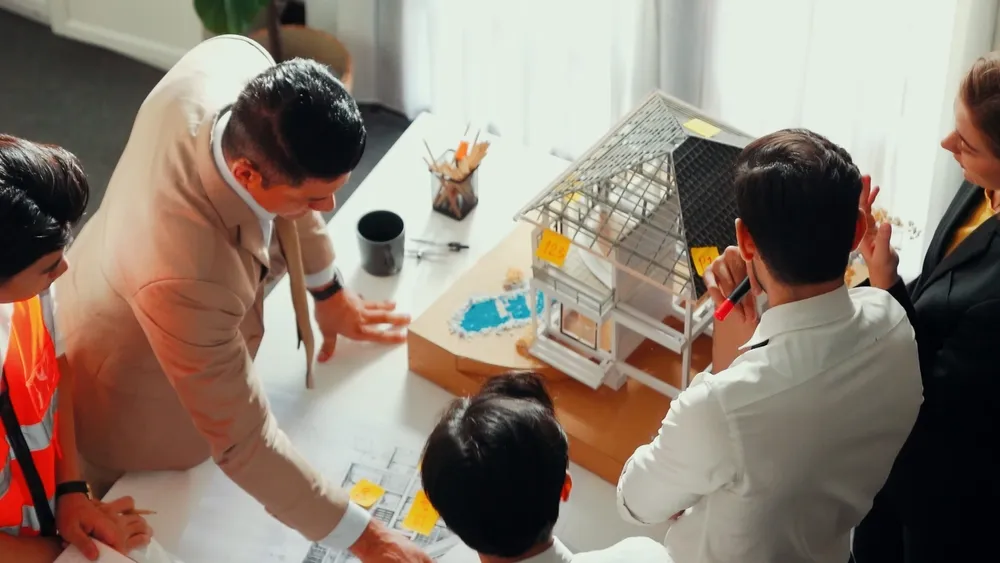Managing and Supervising Multiple Construction Projects Course
Introduction:
Managing and supervising multiple construction projects simultaneously is one of the most complex responsibilities in the construction and engineering industry. It requires a balance of technical expertise, strategic planning, resource management, and strong leadership. Ineffective supervision can lead to delays, cost overruns, safety issues, and quality concerns.
This course provides participants with the knowledge, tools, and techniques necessary to efficiently oversee multiple construction projects. It focuses on project planning, resource allocation, contract management, risk control, and performance monitoring. Real-world examples and case studies will highlight common challenges and best practices to ensure successful project delivery.
Objectives:
By the end of the Managing and Supervising Multiple Construction Projects course, participants will be able to:
- Understand the unique challenges of managing multiple projects concurrently.
- Develop effective project planning and scheduling strategies.
- Allocate resources and manage budgets across several projects.
- Apply risk management techniques to prevent delays and cost escalation.
- Ensure compliance with safety, quality, and contractual obligations.
- Utilize project management tools and reporting systems for effective supervision.
- Strengthen leadership, communication, and stakeholder management skills.
Training Methodology:
- Interactive lectures supported by real-world case studies
- Problem-based learning activities
- Group discussions and peer-to-peer experience sharing
- Role play and simulation exercises
- Demonstrations of project management tools and software
- Individual and group projects on construction project scenarios
Course Outline:
Unit 1: Fundamentals of Multi-Project Management
- Characteristics of single vs. multiple project supervision
- Challenges and risks in managing multiple construction projects
- Key roles and responsibilities of supervisors and managers
Unit 2: Project Planning and Scheduling
- Work breakdown structures and project scheduling techniques
- Critical Path Method (CPM) and Gantt charts
- Coordinating timelines across multiple projects
- Handling schedule conflicts and delays
Unit 3: Resource and Budget Management
- Allocation of manpower, equipment, and materials
- Cost estimation, budgeting, and financial monitoring
- Managing subcontractors and supplier relationships
- Strategies for optimizing resource utilization
Unit 4: Risk, Quality, and Safety Control
- Identifying and assessing risks in multi-project environments
- Quality assurance and control techniques
- Construction safety standards and compliance
- Case studies of risk and safety failures
Unit 5: Communication and Stakeholder Management
- Effective communication channels across multiple sites
- Reporting structures and progress monitoring
- Conflict resolution and negotiation with stakeholders
- Building collaboration between teams and departments
Unit 6: Monitoring, Reporting, and Continuous Improvement
- Key performance indicators (KPIs) for multi-project management
- Using digital tools and software for tracking progress
- Lessons learned and post-project evaluation
- Continuous improvement strategies for future projects


















